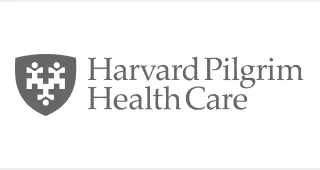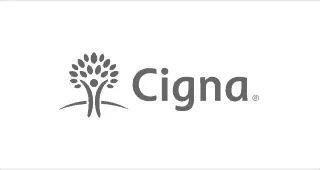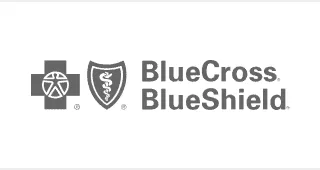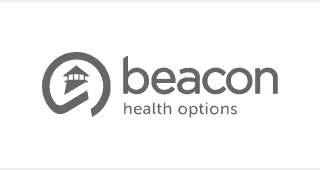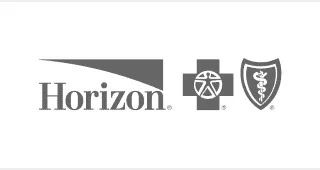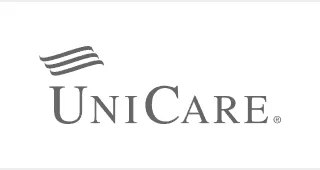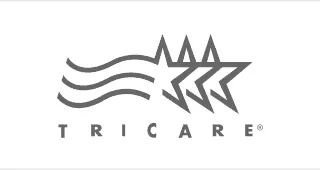Our New Jersey Alcohol Detox & Drug Detox Program
The process of alcohol detox and withdrawal triggers a range of physical and psychological symptoms, a condition often known as alcohol withdrawal syndrome, which comes from the elimination of alcohol from the body. These symptoms can range in intensity, discomfort, and pain, sometimes resembling a minor cold, while at other times, they can be life-threatening. Given this unpredictability, medical oversight and involvement in the alcohol detox process are crucial.
The process of drug detox is a lot like alcohol detoxification, but symptoms and medical interventions fluctuate based on several factors:
- The specific substance or substances used
- The duration and level of substance use
- Any genetic predisposition toward drug addiction
- Overall health considerations
- The existence of concurrent mental health conditions (i.e., a mental health diagnosis such as depression or anxiety co-existing with drug addiction)
Detoxification from alcohol and/or drugs is generally the initial step toward recovery from a substance use disorder (SUD). Medical professionals at our New Jersey alcohol detox placement facility can provide a safe environment for detoxification from substances such as alcohol and opioids, and other substances and move you into a comprehensive treatment experience.
How We Safely Help You Detox & Manage Withdrawal Symptoms
Professional detox placement programs and addiction treatment centers provide two primary forms of medically supervised detox. Both these options present a safer environment for your detoxification and withdrawal process compared to an at-home detox attempt.
Medical providers involved in the detox placement process assess your risk factors. For instance, pre-existing conditions like heart disease or diabetes might put you at a higher risk during alcohol withdrawal. Within an inpatient setting, doctors can closely monitor, manage, and alleviate any current medical conditions alongside withdrawal symptoms, providing a safer and more comfortable withdrawal process.
Alternatively, withdrawal symptoms can also be managed at home under the supervision of a doctor. Medical professionals can provide medication-assisted treatment where they prescribe medication to ease symptoms or cravings, thereby increasing your chances of successful cessation and a safe, healthy recovery.
Medication-Assisted Treatment
Medication-assisted treatment (MAT) is a comprehensive way to approach the treatment of substance use disorders, particularly alcohol use disorders and opioid use disorders. The method combines the use of FDA-approved medications with counseling, behavioral therapies, and other addiction treatment services, providing a whole-patient approach to treating substance abuse.
One of the main goals of MAT is to aid the recovery process by minimizing your withdrawal symptoms and reducing cravings, both critical aspects of maintaining long-term sobriety. It works by using specific medications that interact with the same areas of the brain affected by the substance of abuse. This interaction helps to stabilize these areas and significantly lessen the physical and psychological impacts of withdrawal. For alcohol addiction, medications like disulfiram, acamprosate, and naltrexone are commonly used.
However, it’s important to remember that MAT is not just about the medications. The combination of these medications with counseling and behavioral therapies creates a holistic treatment approach that addresses both the physical symptoms and the underlying psychological issues related to substance use conditions.
Choosing Between a Detox Center and a Rehab
Your choice largely depends on your objectives. Detox placement centers primarily focus on short-term symptom management. However, detox alone isn’t deemed comprehensive treatment for substance use disorders, and patients may face a high relapse rate due to a lack of long-term treatment planning or recovery support. Yet, for short-term management of withdrawal symptoms, medical supervision—available at a detox center—is paramount.
Residential drug and alcohol rehab centers offer comprehensive physical and mental health evaluations as part of their inpatient rehab programs. Comprehending the complete spectrum of your health and well-being allows the drug rehab to craft the most suitable substance abuse treatment plan tailored to your needs. Staff at the rehab centers supervise your withdrawal process, prescribe medication to manage any co-existing health concerns and offer a long-term plan for addiction and dual diagnosis treatment after detox completion. This generally includes addiction services such as holistic and evidence-based therapies such as individual, group, and family therapy, as well as case management services.
Regardless of where you choose to detox placement, a plan for sustained addiction and mental health care and support is crucial for success in the recovery process, particularly if your ultimate goal is abstinence from drug or alcohol use and healing from co-occurring disorders. At an alcohol detox placement treatment facility, this plan can be developed in conjunction with therapists and clinicians.
Why Professional Help for Withdrawal and Detox is Crucial
The process of withdrawal from alcohol and other drugs can be severe. Though many people experience mild symptoms and may mistake withdrawal for something less serious, withdrawal outcomes are unpredictable and potentially fatal, especially if there are pre-existing health issues. Involving your doctor or a medical facility ensures your safety and protection. If previous attempts to quit have been unsuccessful, medically supervised detox placement becomes even more important.
Remember, addiction is not your fault, and it’s not a failure. But if quitting alone was a feasible option, you likely would have already done so. The medical community and treatment facilities are here to assist. Medication-assisted treatment can aid in managing your withdrawal. A safe environment helps you focus entirely on quitting, and a long-term treatment plan enhances your chances of sustained recovery.
What to Expect from a Detox Center
Upon arrival at rehab, detox typically commences with a thorough assessment by the medical staff. This evaluation not only considers the nature and extent of your substance use but also takes into account your overall physical and mental health, lifestyle, and personal history. This comprehensive understanding allows the staff to create an individualized treatment plan with detoxification services customized to your unique needs.
Professional addiction treatment facilities prioritize your safety and comfort. Detoxification is a medically supervised process designed to manage withdrawal symptoms effectively and mitigate potential complications. You’ll receive around-the-clock care from a team of medical professionals who monitor your progress and adjust your detox plan as needed.
Depending on the substance involved and your personal circumstances, detox can involve a range of physical and emotional responses. The supportive environment of detox center ensures you’re not navigating this challenging period alone. In addition to medical assistance, many centers offer counseling and psychological support to help you cope with the emotional impact of withdrawal.
Nutrition and hydration are also critical elements of detox, often overlooked in home-detox attempts. Drug and alcohol rehabs that provide detox ensure your body receives the necessary nutrients and hydration during the process, contributing to more successful and comfortable detoxification.
After detox placement, our treatment centers will guide you toward the next steps in your recovery journey. This can involve transitioning to an inpatient or outpatient rehab program, joining a 12-step program, or connecting with a therapist or counselor for ongoing support. It’s important to remember that everyone’s journey is different.
Our NJ Addiction and Mental Health Care
Should you or a loved one be dealing with substance misuse and/or mental illness of any kind, don’t hesitate to ask for help. Whether you need assistance understanding local treatment options or you’re in need of intervention services, our addiction treatment center can offer you guidance and support with everything from navigating your insurance benefits for public or private insurance plans to helping you find the right treatment program to rebuild a healthy life.
At Achieve Wellness & Recovery, we are committed to providing our patients with exceptional care, understanding, and support. The multidisciplinary team at our rehab facility understands what it takes to be successful in recovery from addiction and mental health disorders and is here to walk with you every step of the way.
Remember, asking for help is the first step. If there’s no immediate support network you can turn to, community organizations such as alcoholics anonymous and treatment facilities like Achieve Wellness & Recovery are ready and willing to assist. Most importantly, know that you’re not alone on this journey.
We work with most insurance companies. Please note we are not affiliated with or endorsed by insurance companies.
No Medicaid Accepted.





